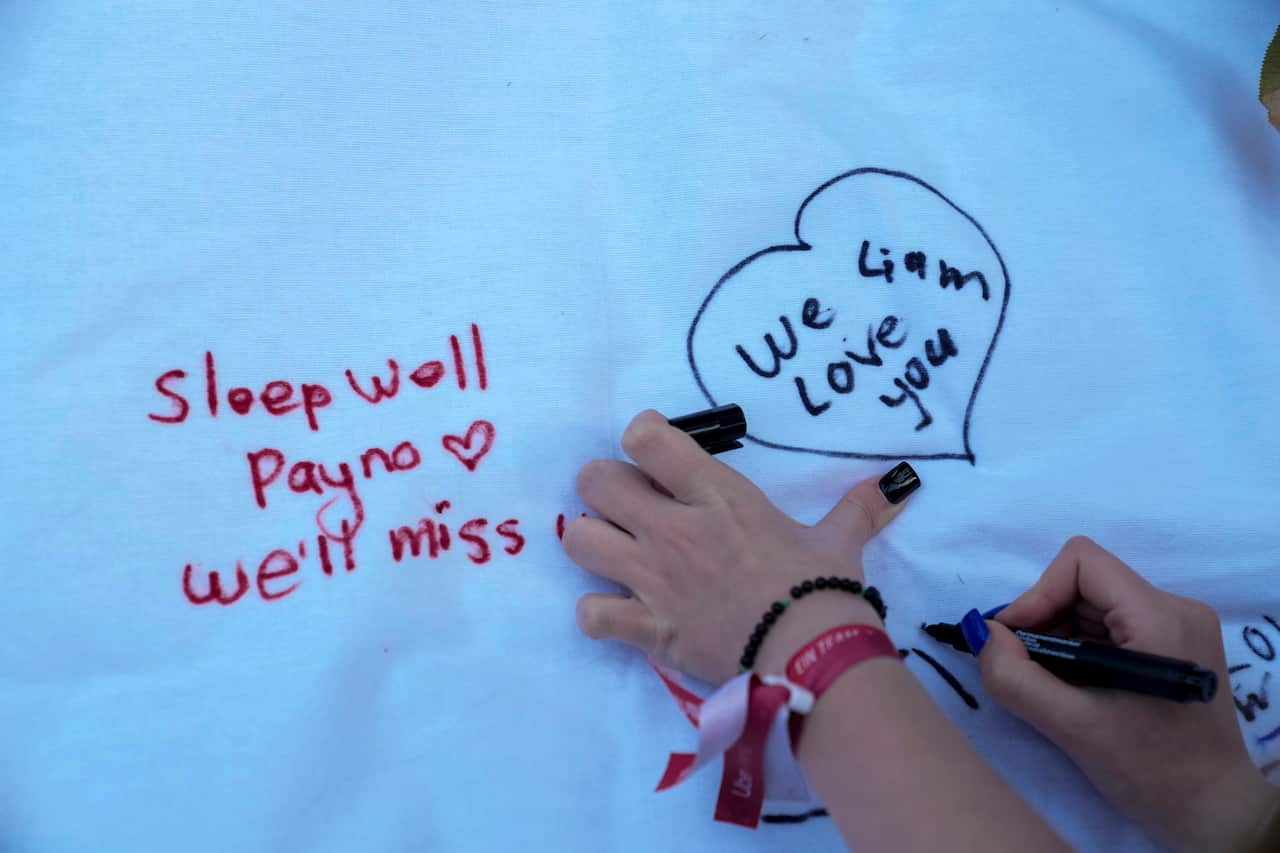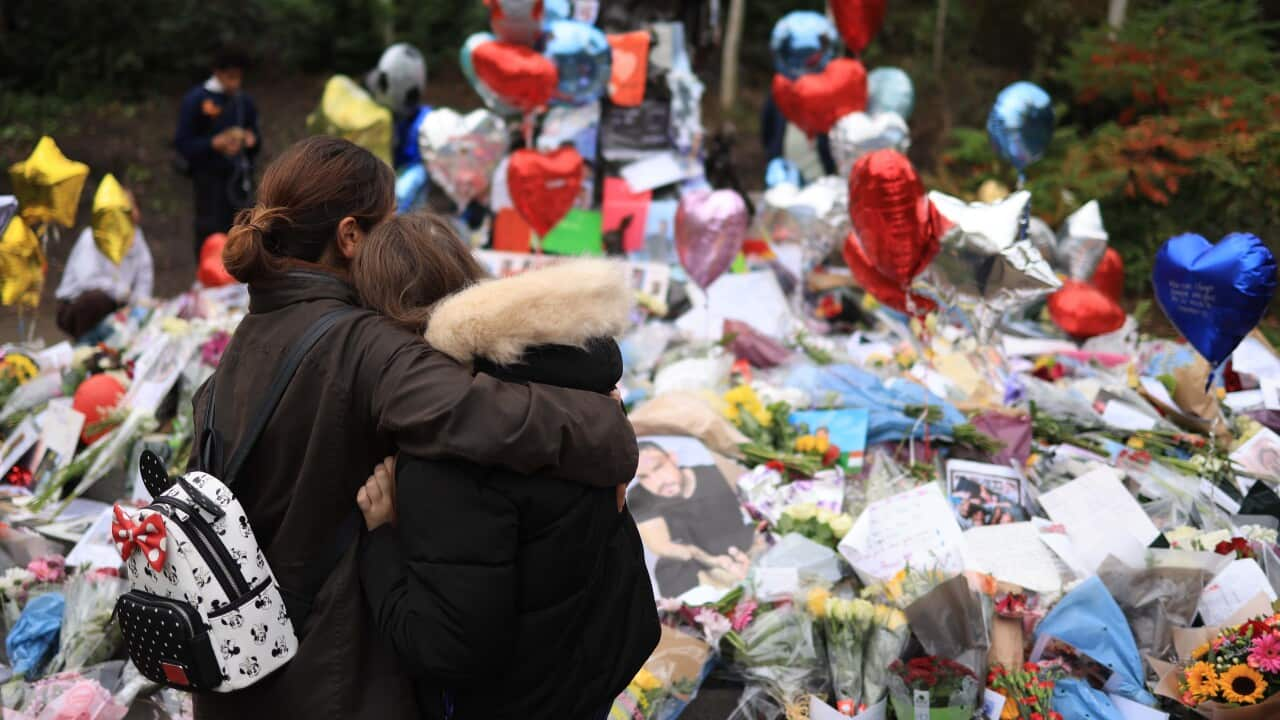Key Points
- The death of One Direction star Liam Payne has devastated many young people around the world.
- It’s the first major celebrity death for Gen Z, who connected with the band intimately through social media.
- Young people are being reminded it’s okay to grieve.
Fans around the world are grieving the death of One Direction star Liam Payne.
It’s a huge moment for many young people, particularly those born between 1997 and 2012, known as gen Z.
For many fans, this may be their first experience of celebrity death and the heartbreak that comes with it.
Formed in 2010, One Direction is one of the biggest boy bands of all time.
Dr Georgia Carroll is a sociologist and researcher who completed her PhD on fandom communities at the University of Sydney.
“Obviously, there have been big celebrity deaths in recent years, but this is the first one on this global scale,” she said.
“From their very earliest days, fans have felt especially connected to them (One Direction members) and kind of like they have grown and evolved with them over the past 14 years, and so to kind of lose someone where so many people felt so attached to him.
“If you were a young girl, there was a chance you were a One Direction fan and that it was a big part of your personality.”
Dr Georgia Carroll says Liam Payne’s death marks the first major celebrity loss for gen Z, who grew up getting to know the boy band intimately through social media. Source: AAP / Ebrahim Noroozi
One Direction and the rise of social media
One Direction rose to fame at the same time social media took off, which allowed fans to be able to connect with the band on a deeper, personal level for the first time, watching their every move as they updated their millions of followers.
Lauren Rosewarne, associate professor in Public Policy at the University of Melbourne, said the devastation fans feel can be linked back to the intimacy social media provides.
“One Direction is intimately twined with social media. Their rise coincided with the rise of social media use. So absolutely that idea of parasocial relationships,” she said.
“The idea of fans feeling like the band is communicating directly with them — that is stronger than any other band fan experience throughout history.”
Fans around the world have been comparing Payne’s loss to how their parents must have felt when they experienced the loss of a major celebrity.
Formed in 2010, One Direction is one of the biggest boy bands of all time. Source: Getty / Mike Marsland
But with the added intimacy that social media provides, is there a difference in the grief experienced by gen Z?
Rosewarne said she doesn’t believe the grief is any different; it is simply more public.
“So fans, when Michael Jackson, Prince, John Lennon, when these people died, fans mourned, of course. But the difference is now everyone is carrying a phone, a camera and it’s being documented,” she said.
“It’s also being chronicled on social media where people are sharing their thoughts and feelings in a way that we don’t have a record of pre-social media celebrity mourning.”
‘It’s okay to grieve’
In Australia, data shows that young people are increasingly struggling with their mental health.
Research from the National Youth Mental Health Foundation, headspace, suggests that eight out of ten people in Australia are concerned about the mental health of the young people in their lives.
So, how can Australia’s youth navigate this loss?
Carroll said recognising it’s okay to grieve is essential.
“It’s just really important to recognise that it’s okay to grieve, even though we didn’t know Liam as a real person. Fans still have these memories that are tied up in their fandom: in seeing the band, in listening to their music, in engaging with the friendships they’ve built around being a One Direction fan.
“And, of course, that is going to mean you feel real grief and real sadness. And there’s been some discourse because, obviously, One Direction fans — it’s just girls being emotional. It is a real and valid sense of grief because we did have a relationship with him.”
Griefline provides confidential support on 1300 845 745 and via
Readers seeking support with mental health can contact Beyond Blue on 1300 22 4636. More information is available at . supports people from culturally and linguistically diverse backgrounds.


